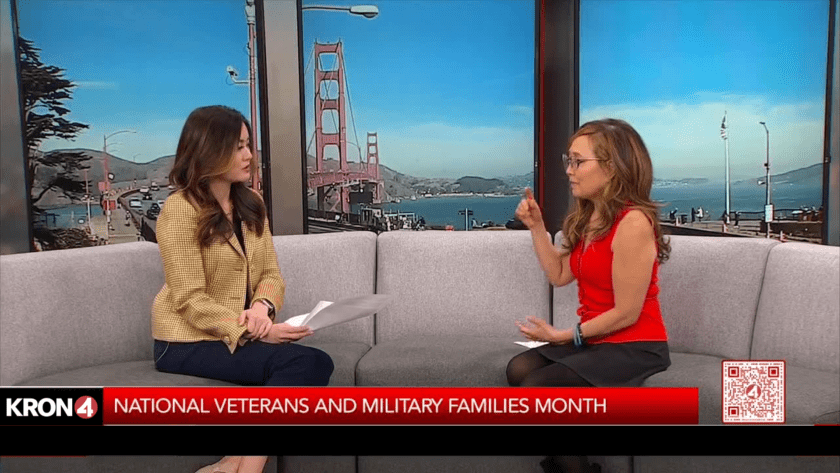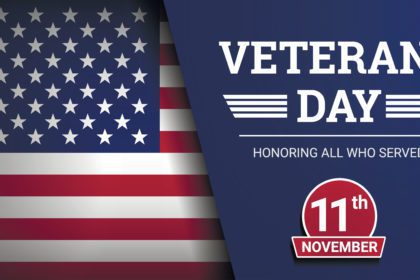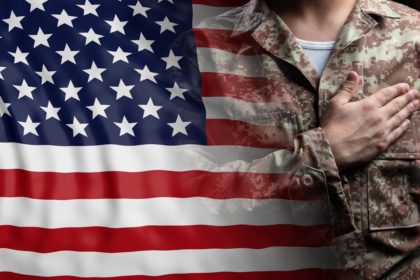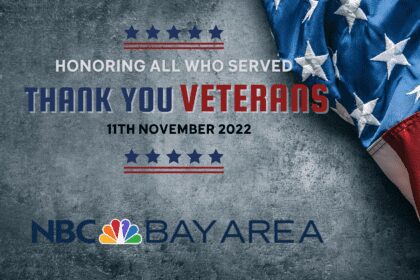National Veterans and Military Families Month
According to data from the Department of Veterans Affairs, there are around 19 million U.S. Veterans as of this year, and half of them report feeling like they don’t belong in society after separation from military service. This health segment provides insight into this issue and how we can honor and support Veterans who are struggling.
Why Loneliness Is So Prevalent Among Veterans
- Veterans experience a kind of disconnection that a civilian may not feel.
- In the military, Veterans served closely with their military brothers and sisters — they served, protected, ate, slept, and worked together.
- In civilian life, they feel a lack of belonging.
- They miss the military life — e.g., camaraderie, identity, purpose, physical activity, and learning.
Health and Psychosocial Factors Associated With Veteran Loneliness
- Greater age (more prevalent among older Veterans in the U.S.)
- Current depression and PTSD
- Disability in ADLs (Activities of Daily Living)
- Lifetime traumas
- Perceived stress
Why Veteran Status Is a Risk Factor for Heart Disease
Among Americans 50 and older, Veterans have:
- Higher rates of mental illnesses (e.g., depression, PTSD) that are associated with increased risk of heart disease.
- Higher risk of poor physical health.
- Smoking — 10X more deaths caused by smoking.
Ways to Support a Veteran
1. Talk to a Veteran.
- Ask what branch they were in, when, and where they served.
- Ask about their occupation in the military. This may open up a Veteran to sharing some valuable stories.
- A lot of Veterans want to share, but they just don’t know how.
2. Hang your flag. Be sure to hang it properly and even hang it long after Veterans Day. To a Veteran who sacrificed, nothing could be more meaningful than their fellow Americans showing love for the country they served.
3. Share a meal with a Veteran. Many Veterans live alone. Eating alone may cause depression in two ways — through reduced social interactions or through inadequate nutrition.
- Make a meal for a Veteran. Nothing shows your love and appreciation more than cooking for another person. Better yet, eat the meal together!
- Invite a Veteran or an active duty member out to eat.
“Consider those Veterans who can’t easily leave their home, who feel isolated, or just don’t feel comfortable going out alone… Anyone can make a difference. It can be as simple as a phone call or text, taking a Veteran a meal, or a lunch invitation.” – The American Legion Auxiliary




